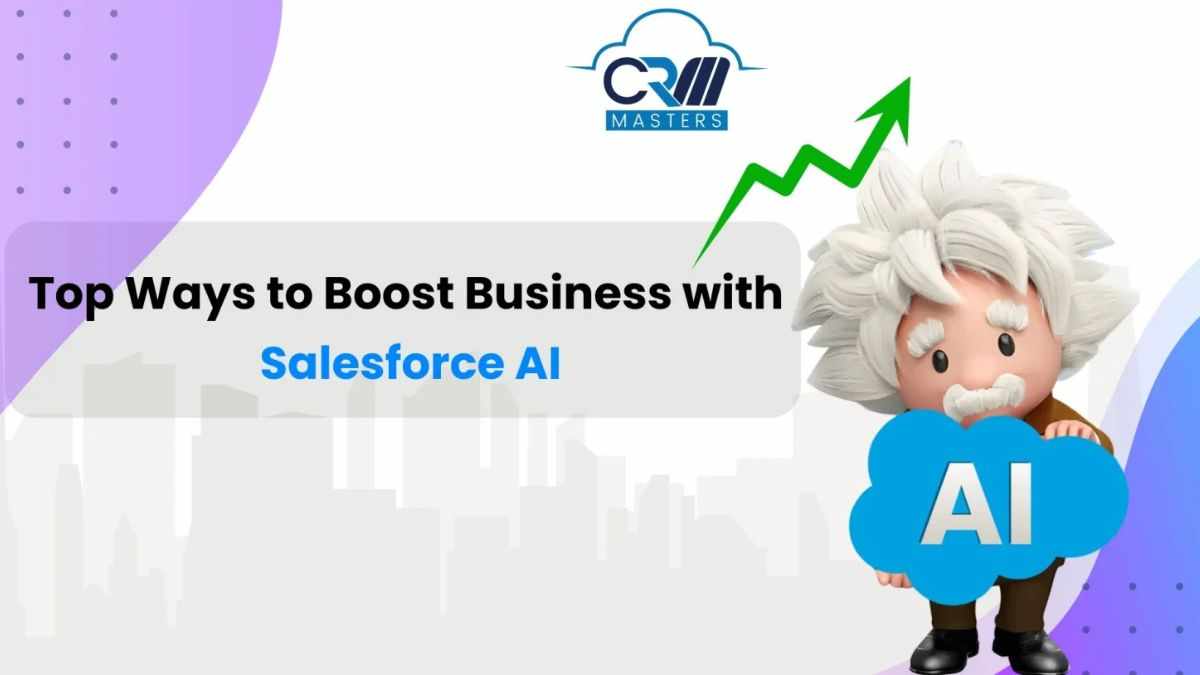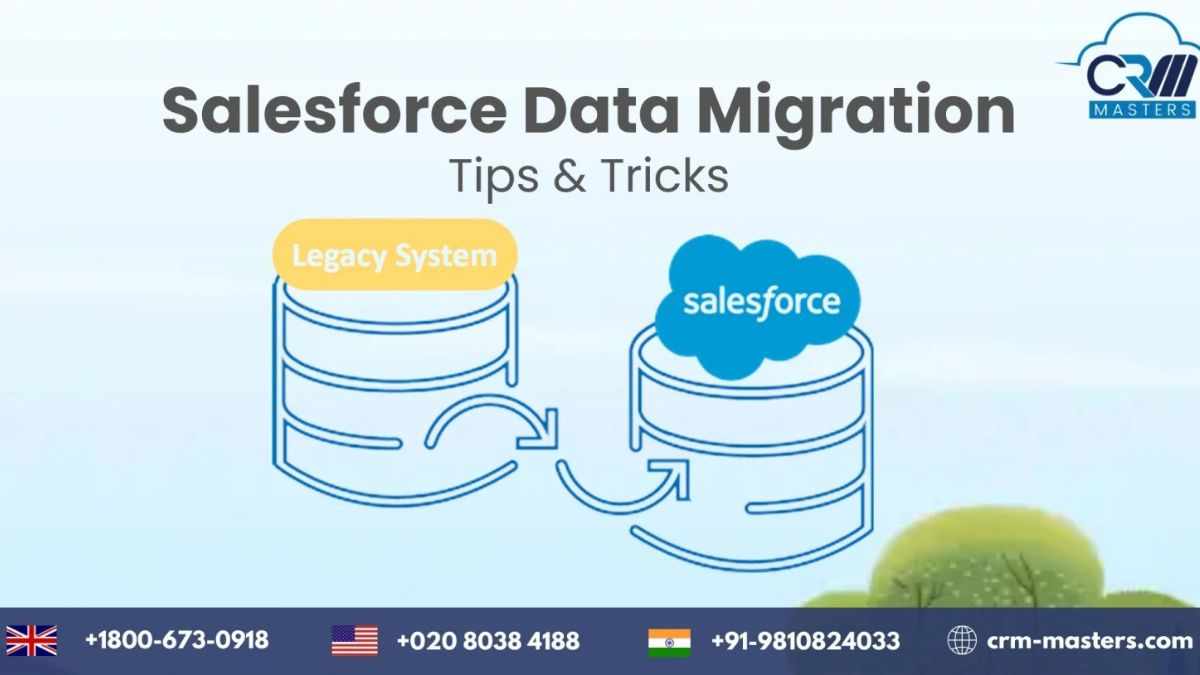
Salesforce has emerged as a powerful platform for businesses seeking to enhance their operational efficiency, streamline workflows, and drive innovation. With its robust cloud-based architecture and extensive customization capabilities, Salesforce application development provides organizations with tailored solutions to optimize processes and improve customer interactions. Businesses leveraging Salesforce gain a competitive edge by automating tasks, integrating data seamlessly, and enabling informed decision-making through powerful analytics.
Understanding Salesforce Application Development
Salesforce application development refers to the process of creating, customizing, and deploying applications within the Salesforce ecosystem. These applications cater to various business needs, from customer relationship management (CRM) to supply chain management and human resource operations. Salesforce’s flexible architecture allows developers to build scalable and secure applications that align with organizational objectives.
Key Components of Salesforce Application Development
Salesforce Platform (Force.com)
The foundation of Salesforce application development, Force.com, provides developers with tools to build and deploy applications rapidly. It offers a declarative, low-code environment as well as programmatic options through Apex (Salesforce’s proprietary programming language) and Visualforce for UI customization.Lightning Experience and Lightning Web Components (LWC)
Lightning Experience provides a modern, intuitive interface for Salesforce applications. Developers use Lightning Web Components (LWC) to create responsive, high-performance applications with reusable components, improving user experience and reducing development efforts.AppExchange Integration
Salesforce’s AppExchange marketplace offers pre-built applications that businesses can integrate into their Salesforce environment. Developers can customize these applications or create new ones to extend Salesforce functionalities and meet specific business needs.APIs and Integration Capabilities
Salesforce provides robust integration options through REST and SOAP APIs, allowing applications to connect with external systems. This seamless integration ensures real-time data exchange and enhances business efficiency.Einstein AI and Automation
Salesforce incorporates artificial intelligence (AI) capabilities through Einstein AI, which enables businesses to leverage predictive analytics, automation, and personalized customer interactions. Automated workflows and AI-driven insights empower organizations to make data-driven decisions.
Benefits of Salesforce Application Development
1. Enhanced Operational Efficiency
Custom Salesforce applications eliminate manual processes by automating routine tasks, reducing errors, and increasing productivity. Workflows, approvals, and notifications can be configured to ensure smooth operations across departments.
2. Scalability and Customization
Salesforce applications can be tailored to meet specific business requirements, whether for a small startup or a large enterprise. The platform supports scalability, ensuring that businesses can expand their operations without compromising performance.
3. Improved Customer Engagement
With Salesforce applications, businesses can centralize customer data, track interactions, and deliver personalized experiences. Integrated AI and analytics provide valuable insights into customer behavior, enabling organizations to enhance engagement and retention strategies.
4. Seamless Integration with Existing Systems
Organizations often use multiple software solutions to manage various business functions. Salesforce’s powerful APIs enable seamless integration with ERP systems, marketing automation tools, and other third-party applications, ensuring a unified digital ecosystem.
5. Data Security and Compliance
Salesforce offers enterprise-grade security features, including role-based access controls, encryption, and compliance with industry regulations. This ensures that business data remains secure while meeting global compliance standards.
Best Practices for Salesforce Application Development
1. Define Clear Business Objectives
Before initiating development, businesses should identify their core objectives and key challenges. This ensures that the application aligns with strategic goals and delivers tangible benefits.
2. Leverage Low-Code and No-Code Tools
Salesforce provides declarative tools such as Process Builder, Flow, and App Builder, allowing businesses to create applications with minimal coding. Utilizing these tools accelerates development and reduces dependency on technical resources.
3. Optimize User Experience (UX)
A well-designed user interface enhances adoption and efficiency. Implementing responsive design, intuitive navigation, and customizable dashboards improves the overall user experience within Salesforce applications.
4. Ensure Data Integrity and Governance
Effective data management strategies, including validation rules, duplicate management, and data enrichment, help maintain accurate and reliable information. Establishing governance policies ensures data consistency across applications.
5. Implement Robust Testing and Quality Assurance
Thorough testing is essential to identify and resolve issues before deployment. Businesses should conduct unit testing, user acceptance testing (UAT), and security testing to ensure optimal performance and reliability.
6. Foster Collaboration Between Teams
Cross-functional collaboration between developers, business analysts, and end-users is crucial for successful application development. Engaging stakeholders early in the process ensures that the application meets real business needs.
7. Monitor and Continuously Improve
Post-deployment monitoring using Salesforce’s built-in analytics and reporting tools allows businesses to track performance metrics. Regular updates and optimizations enhance application functionality and user satisfaction.
The Future of Salesforce Application Development
Salesforce continues to evolve with advancements in artificial intelligence, automation, and cloud computing. Emerging technologies such as blockchain, IoT, and voice-enabled applications are expected to integrate with Salesforce, further enhancing its capabilities. Businesses that invest in Salesforce application development will gain a strategic advantage by staying ahead of industry trends and adapting to changing market demands.
Conclusion
Salesforce application development plays a pivotal role in transforming business operations by optimizing processes, improving customer engagement, and driving digital innovation. With its extensive customization capabilities, seamless integrations, and AI-powered automation, Salesforce empowers businesses to achieve operational excellence. By leveraging best practices and staying updated with evolving trends, organizations can maximize the value of Salesforce applications and position themselves for long-term success.
Related Blog - How Custom Salesforce Customization Services Drive Industry-Specific Success




















Write a comment ...